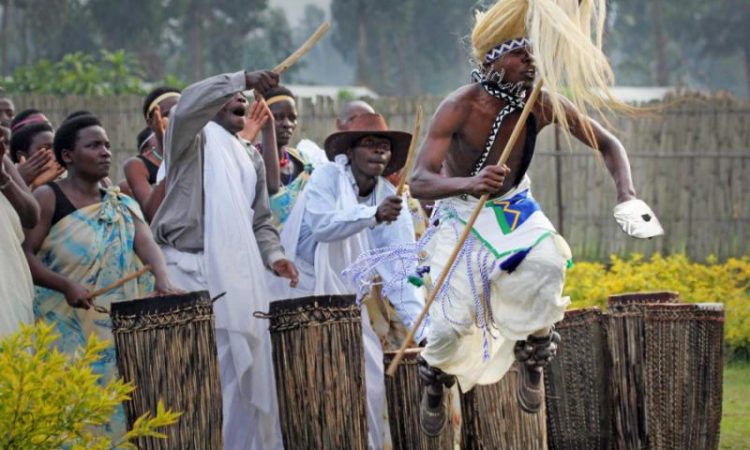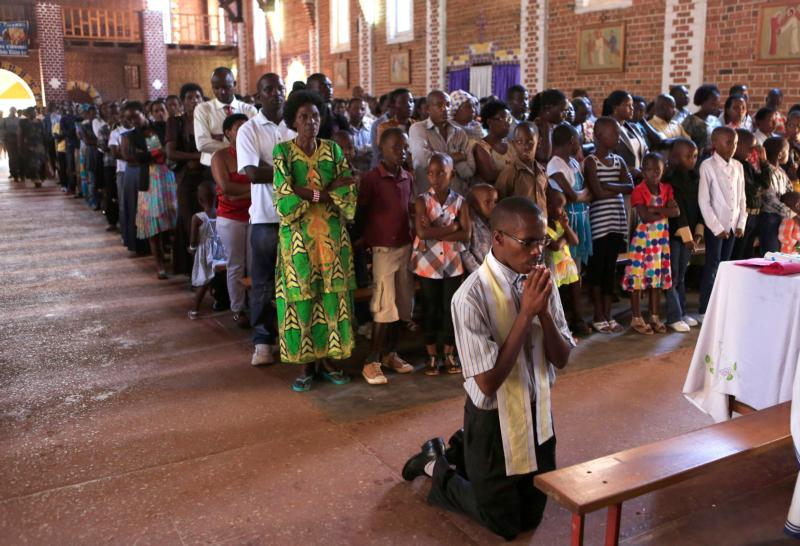History of Rwanda
History of Rwanda indicated in every corner of life such as (Political, social and economic). The history of Rwanda is divided into pre-colonial and post-colonial;

Pre-colonial
Rwanda was founded by the king known as Gihanga, who started his dynasty (Nyiginya dynasty), from a place cattle Gasabo near Lake Muhazi, currently in Bumbogo sector, Gasabo district. The name RWANDA Derived from kinyarwanda verb” Kwanda meaning” the expansion”, as he annexed many different areas. Before he died, Gihanga had organized his state and all people respected leader whom they called ”UMWAMI” comes from kinyarwanda verb ” KWAMA” meaning being popular.
Religion
The Rwandans believed in one GOD known by different names like; Rurema, Gihanga, Rugira that were given to GOD.
Rwandans were grouped into different 20 clans called; Abanyiginya, Abega, Abagesera, Ababanda, Abasinga, Abasindi, Abazigaba, Abashambo, Abongera, Abatsobe, Abungura, Abacyaba, Abahinda, Abashingwe, Abasita, Abarihira, Abakono, Abenegitore. Despite the ethnic groups (Hutu, Tutsi and Twa), that were established by the Colonial masters (Belgians), It has been a long held belief that clans are natural social groups which are made up of people who are biologically related.
The German took the country in 1890 and held it until 1916 after failing in WWI, and the belgians took over.

Post-colonial Rwanda
In 1957, the Hutu manifesto published. On 24th july 1959, Mwami Mutara III Rudahigwa died.
On 3 sept 1959, UNAR party formed. In 1959, the first group of Tutsi fled to neighboring countries like Uganda, Burundi, Democratic republic of Congo, and Tanzania, because their houses had been burnt by the hutu under the control of the colonial masters.
In 1960, election is held. In 1961, Rwandans voted to abolish the Monarch system.
On 28 January 1961, Mbonyumutwa Dominique becomes provisional president of Rwanda. On 1st July 1962: Rwanda got an independence and Kayibanda gregoire becomes official first president of Rwanda.
In 1973, major general Habyarimana seized the power through coup d’etat. In 1990; Tutsis refugees, started a liberation war.
In 1994, over 1 million of people were killed in just Three months, mostly by interahamwe militias- gangs of Hutu youths armed with machetes, guns and other traditional weapons supplied by officials close to Habyarimana. The spark for the massacre was the death of Habyarimana juvenale and his Burundian counterpart, Cyprien ntaryamira, On 6th April as their plane was shot down attempting to land in Kigali on their return from peace talk and treaty sign in Arusha, Tanzania.


